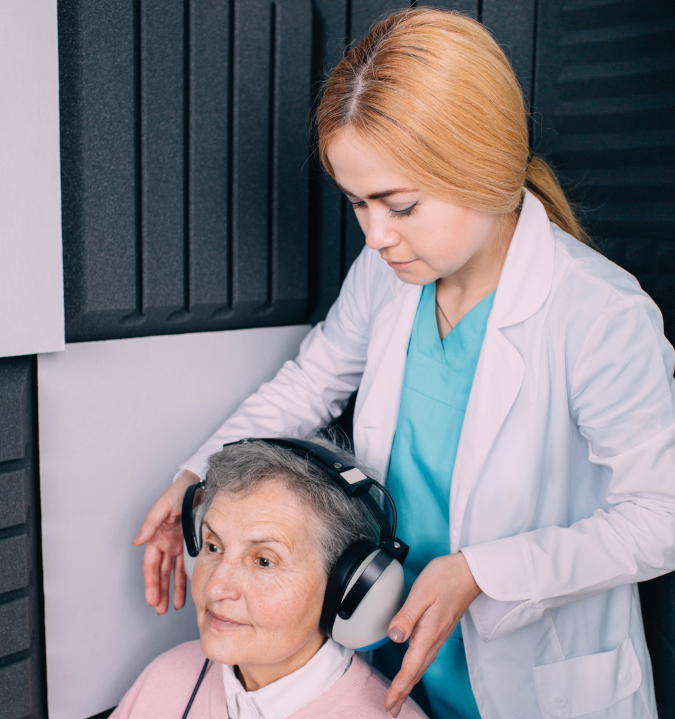
Audiometric technicians instruct patients on test procedures and record results, monitor, check and calibrate auditory equipment, they may take earmold impressions and fit and adjust hearing instruments.
Audiometric technicians may need to check clients’ ears for signs of infection (or anything that might stop sound waves from reaching the middle ear). They also refer clients to audiologists or doctors. For work environment (for occupational health and safety), they conduct a baseline hearing test for each worker within 6 months of employment. They also conduct regular follow-up tests to track changes in each worker’s hearing, teach workers about the use, care and fit of personal hearing protection.
They may also record data that measures the effectiveness of hearing conservation programs, co-ordinate schedules for screening programs, make follow-up appointments, support an employer’s noise management program.
Average Hourly
$22.83
Range Hourly
$19.72 – $23.78
Average Yearly
$44,509
Range Yearly
$38,450 – $46,361
Other technical occupations in therapy and assessment (3237)
Audiological technician
Audiology technician
Audiometric aide
Audiometric assistant
Audiometric technician
Audiometric technician - public health
Audiometrician
Audiometrist
Audiometrist aide
Audiology assistant
Certificate/diploma program on Audiometric technician
Average hourly |
Range hourly |
Average yearly |
Range yearly |
$22.83 |
$19.72 - $23.78 |
$44,509 |
$38,450 - $46,361 |
Medium
Employment outlook is mostly good across provinces. More information is available here.
With additional education and training, an audiometric technician may become a hearing aid practitioner.
0-1 year
Audiometric Testing – Technician Course at McEwan University
Audiometric Technician Training Course by THM Industrial Audiology Group Ltd.
Audiometric Technician Certification by WHAT Ltd.
Ability to be precise and accurate; good communication skills, both orally and written; ability to work under pressure; be able to fully understand patients’ needs; ability to operate related equipment; compassionate, dependable, ethical, and mature; ability to organize and prioritize workload priorities in collaboration with others; strong social skills and leadership ability; are comfortable working with instruments, apparatus, and technology; ability to manage high levels of stress associated with life threatening situations and medical conditions; self-discipline and self-directed; the ability to multi-task in a complex and fast-paced environment; a clean record, no prior criminal background.
Provincially regulated.
Audiometric technicians work with audiologists, doctors and occupational health nurses. Their duties and responsibilities vary from one position to another. Audiometric technicians work in clinics, hospitals, schools and work sites. Some technicians travel to work sites to provide mobile testing services.
Some technicians may work regular weekday hours. Others may be required to work some early morning, evening or weekend hours
Proof of English proficiency and medical terminology, ethics, and communication
Enrolling into a Audiometric technician program
More information can be available here.